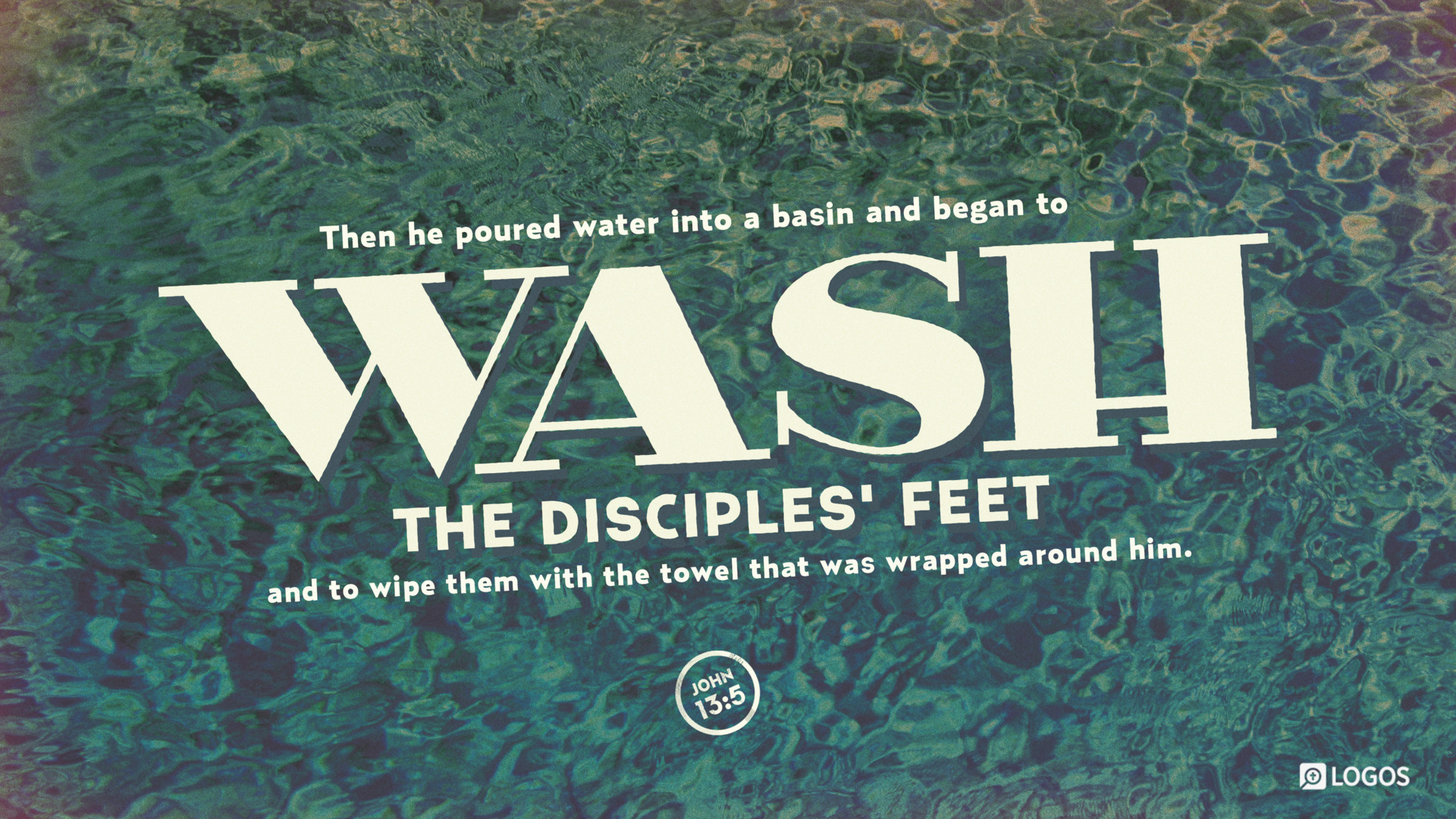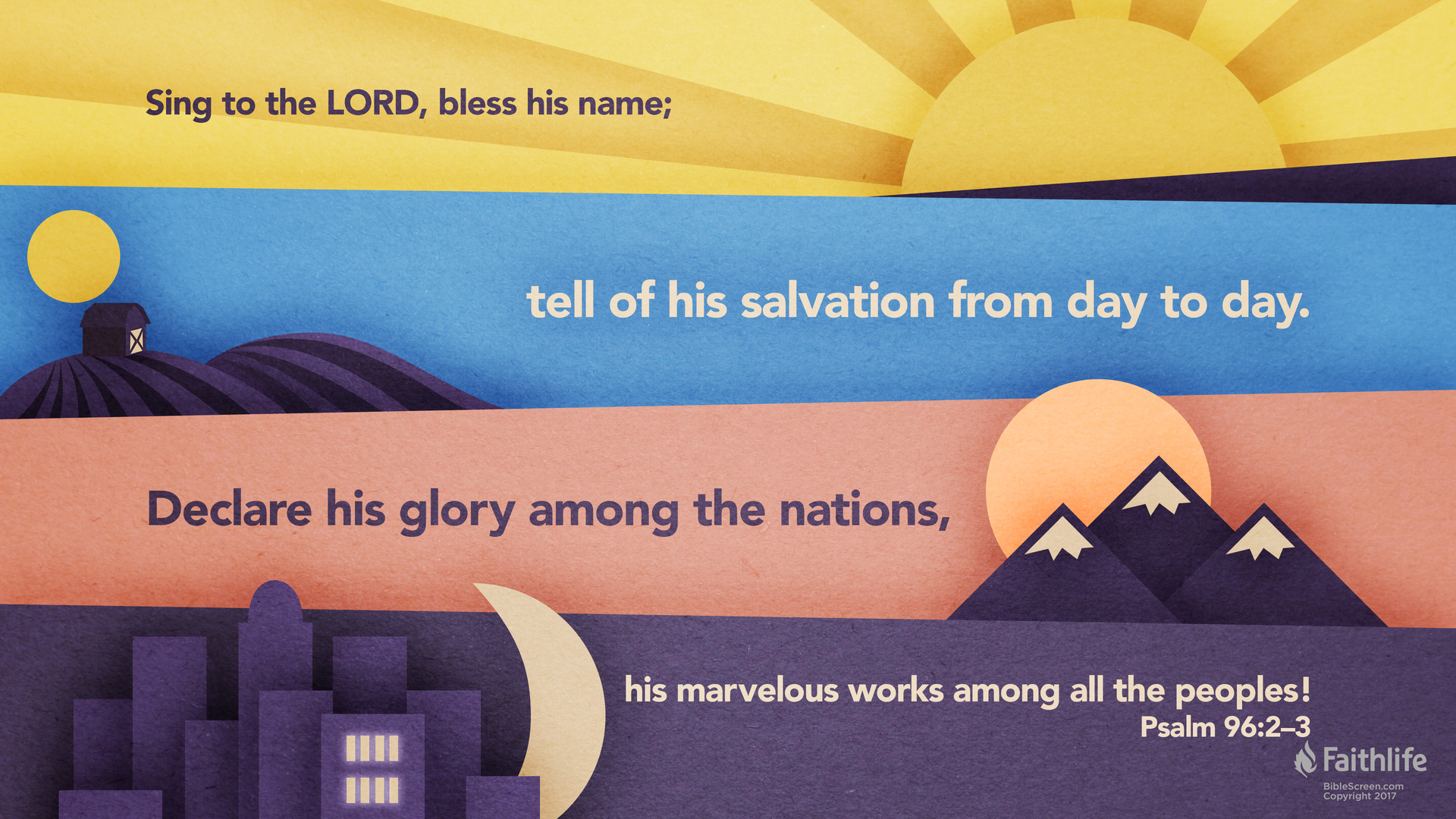
Part 5 of 5 Emotions of Easter posts is the Sadness of Saturday
There will be an additional "Emotions" of Easter post tomorrow
Part 4 on Friday was the Anger of Good Friday
Part 3 on Thursday was Disgusting Feet
Part 4 on Friday was the Anger of Good Friday
Part 3 on Thursday was Disgusting Feet
Part 2 on Tuesday was the Fear of the Pharisees
Part 1 on Sunday was the Joy of Palm Sunday. This post also included an introduction to the Emotions of Easter posts.
Part 1 on Sunday was the Joy of Palm Sunday. This post also included an introduction to the Emotions of Easter posts.
----------------
Today's emotions is Sadness.
For the disciples, Jesus died yesterday and the reality of the resurrection has not happened yet.
The women went to the tomb Sunday morning prepared to take care of a dead body.
The women went to the tomb Sunday morning prepared to take care of a dead body.
Luke 24:17 reveals what the disciples of Jesus were feeling on that Saturday "And they stood still, looking sad." While this account obviously occurs after Jesus' resurrection, news of this truth had not yet reached the ears of these disciples.
The rabbi and teacher had just been crucified. Executed by the government and religious leaders of the time.
Their hope that he would deliver the Jews from the Romans had been destroyed.
It's Sunday, but Sunday is coming.
It's Sunday, but Sunday is coming.
The Bible reading for today is not from an account of the events of Saturday.
It is Psalm 62, which talks about waiting on the Lord.
Here are a couple of resources to help you think about this Saturday
An article by Bob Kellemen that talks about how this Saturday is a lot like life this side of heaven.
"We wait. Our final resurrection is sure. Our victory is certain."
A quote by Tim Challies:
"We are not Friday Christians who serve a dead Savior, not Saturday Christians still waiting and wondering, but Sunday Christians who serve a living, breathing Savior–one who is alive and one who reigns." Tim Challies
A one minute video:
Here are some questions to think through and talk about.
- Have you ever felt disappointment?
- Why did you feel disappointed?
- What are some general reasons why we feel disappointed? Here are two Bible passages to get you thinking about this question:
- Jeremiah 2:36-37
- James 4:1





